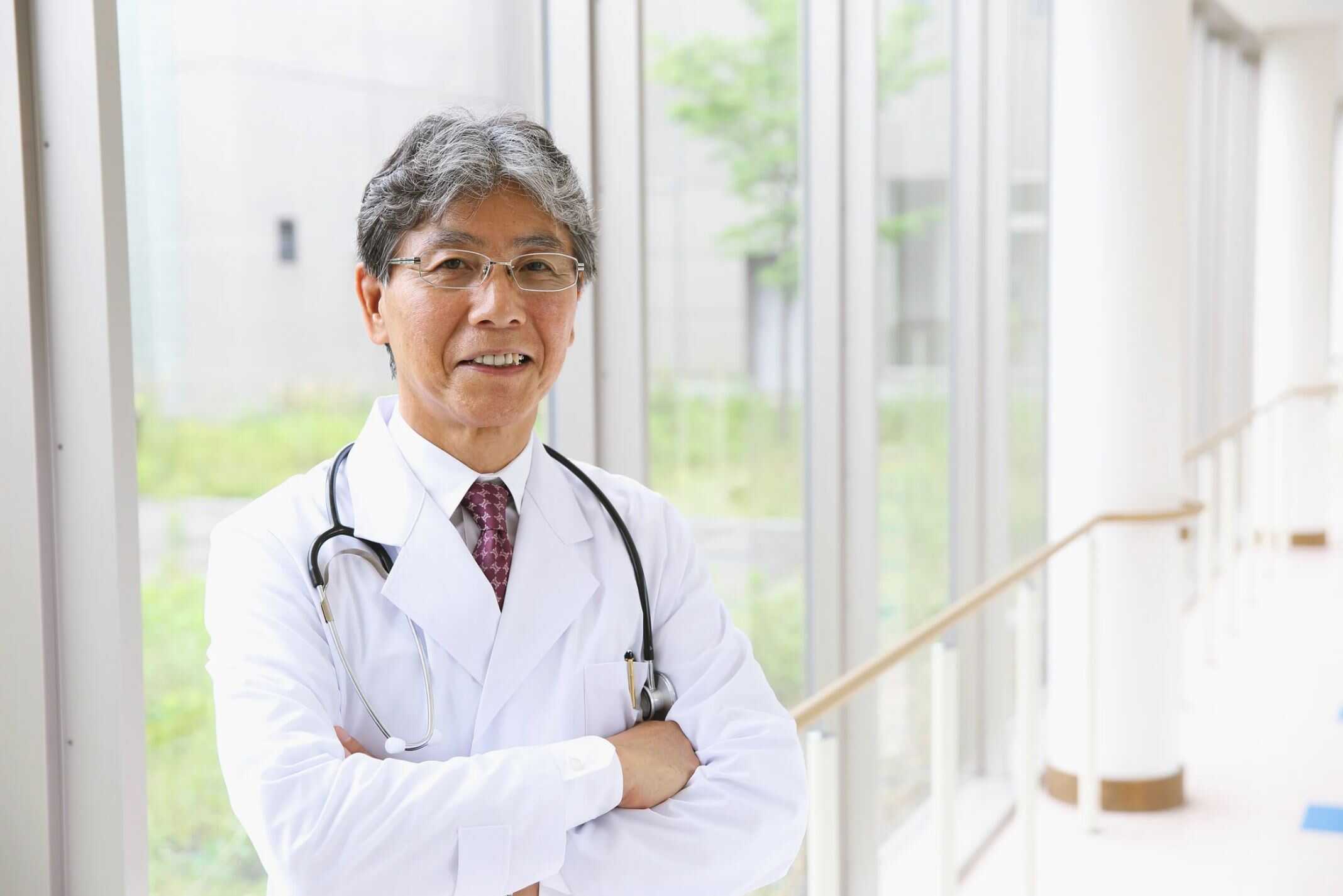Prevention Over Cure: How Public Health Experts Shape Healthier Futures

Public health experts stand at the crossroads of science, policy, and community well-being. They are the unseen force that keeps entire populations safe from diseases, environmental hazards, and emerging health threats. Rather than waiting for illness to spread, they focus on stopping problems before they start. Their work saves lives quietly but significantly. In an era where healthcare often focuses on treating symptoms, public health emphasizes prevention, equity, and education.
This article explores the critical role of public health experts — from how they gather vital data to how they influence government decisions, empower communities, and engineer healthier environments for future generations.
Redefining Health: Beyond Hospitals and Doctors
When most people think of health, they picture doctors, hospitals, and medication. Public health experts widen that lens. They understand that health is about more than just treating disease; it is about creating the conditions that allow people to thrive.
Clean air, safe drinking water, nutritious food, mental well-being, and access to green spaces all play a part in keeping populations healthy. Public health focuses on preventing problems before they arise by addressing these social determinants. Their approach means fewer hospital visits, lower healthcare costs, and, most importantly, longer, healthier lives.
Watching the Pulse of Society: The Power of Public Health Surveillance
At the heart of prevention lies the careful monitoring of health trends, known as public health surveillance. Surveillance allows experts to detect patterns, identify threats early, and respond before small problems become major crises. There are several types of surveillance in epidemiology (the study of diseases and how they spread), each playing a crucial role. Passive surveillance relies on routine data submitted by clinics and hospitals.
It is required for tracking long-term trends but can sometimes miss early warning signs. Active surveillance involves proactive outreach, such as when health workers investigate new disease cases during an outbreak. Sentinel surveillance focuses on selected institutions or groups that provide high-quality data to spot emerging issues. Syndromic surveillance goes a step further by analyzing symptom patterns before formal diagnoses are made, offering early clues during potential outbreaks.
Together, these tools provide a comprehensive picture of community health and allow experts to act swiftly and strategically.
Education as Immunization: Building Healthier Communities
Public health experts understand that education is one of their most powerful tools. Knowledge shapes behavior, and behavior shapes health outcomes. Campaigns encouraging people to wear seat belts, stop smoking, or get vaccinated have all drastically reduced mortality rates over the years.
Public health education programs are tailored to the needs of different communities, recognizing that a one-size-fits-all approach rarely works. By using clear messaging, relatable examples, and trusted community figures, public health campaigns build awareness and foster habits that lead to healthier lives. The goal is to empower individuals to take control of their own health long before a medical intervention becomes necessary.
Policy Influencers: Turning Data Into Action
Data alone does not save lives. What makes the difference is turning data into actionable policy. Public health experts are instrumental in shaping legislation that protects the public. They provide lawmakers with evidence-based recommendations, draft guidelines, and advocate for changes that might not be immediately popular but are crucial for long-term health.
Examples include tobacco advertising bans, food labeling laws, and regulations on environmental pollutants. Through their influence, public health professionals ensure that the laws governing our lives promote health and safety at every turn.

Battling Inequity: Health for Every Community
Health is not just a personal matter; it is deeply influenced by where a person lives, their income, and their access to resources. Public health experts recognize that health disparities are among the greatest challenges to building a truly healthy society. They work to uncover and address the social and economic barriers that prevent certain communities from achieving good health.
From rural towns lacking basic healthcare facilities to urban neighborhoods facing high pollution levels, public health professionals step in with targeted interventions. They advocate for policies that expand healthcare access, invest in community-based programs, and allocate resources where they are needed most. By focusing on equity, they ensure that prevention efforts leave no one behind.
Crisis Responders: Public Health in Emergencies
When emergencies strike, public health experts are among the first to respond. Their role is often invisible compared to frontline doctors or emergency workers, but it is just as critical. In the face of pandemics, hurricanes, or chemical spills, public health teams coordinate complex operations. They set up emergency vaccination sites, ensure safe drinking water supplies, manage communications to prevent misinformation and guide the public on how to stay safe. Their ability to mobilize resources quickly and efficiently saves countless lives.
Innovation in Prevention: Technology and Public Health
Technology has transformed how public health experts operate. Digital tools now allow real-time disease tracking, faster communication with the public, and smarter data analysis. Wearable health devices can monitor blood pressure or detect irregular heart rhythms, giving individuals and health authorities early warnings.
Mobile apps deliver personalized health tips, track vaccination records, and alert users to local health risks. Public health experts use these innovations not as replacements for traditional methods but as powerful enhancements. Ultimately, technology offers new ways to reach people, gather insights, and deliver interventions faster and more effectively. Many of these digital solutions are powered by websites, and shared hosting provides a reliable, cost-effective way to support their online presence and scalability.
Environmental Health: Protecting People and the Planet
The connection between environmental health and human well-being is undeniable. Public health experts understand that a polluted environment can trigger innumerable health problems, from respiratory illnesses to cancers. They work across disciplines to reduce air pollution, improve water quality, and make food systems safer.
Climate change presents new threats, such as extreme weather, shifting disease patterns, and food insecurity. Public health professionals develop strategies to mitigate these risks, such as designing heatwave response plans or advising on sustainable urban development.
Global Collaboration: Health Without Borders
In today’s interconnected world, public health challenges rarely stay confined to one country. Infectious diseases can travel across continents in hours. Public health experts engage in global collaborations to tackle these shared threats. Organizations like the World Health Organization and Centers for Disease Control and Prevention work with local and international partners to track outbreaks, share research, and coordinate responses.
Through global surveillance networks, countries can alert each other to emerging dangers. Public health experts participate in international vaccination campaigns, health education programs, and emergency responses that benefit the entire world. Their work emphasizes that a health threat anywhere is a health threat everywhere.
Prevention is not a one-time effort; it is a continuous process that shapes the lives of individuals and societies over generations. Public health experts devote their careers to building systems that keep people safe, healthy, and empowered. They prove that health is not only about treatment but about foresight, innovation, and compassion. Thanks to their efforts, a future where prevention triumphs over cure becomes not just possible but inevitable.
